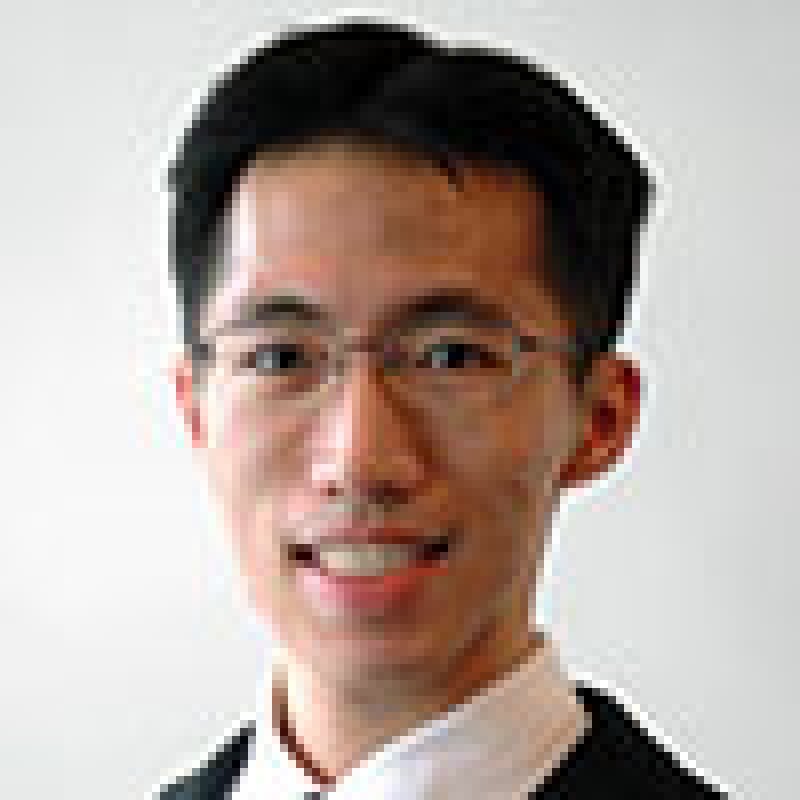The patent law regime in Singapore is governed by the Patents Act (Chapter 221) which is based generally on the UK Patents Act 1977. The Patents Act was amended in 1995 to delete Section 13(2) of the Patents Act 1994 [UK Patents 1977, S 1(2)] which declared that certain subject matter, such as "a scheme, rule or method for performing a mental act, playing a game or doing business, or a program for a computer", are not inventions for the purposes of the Act and are therefore not patentable. This left the law open for including business methods and computer implemented inventions as patentable subject matter.
Thus, the prevailing view is that computer implemented inventions and business methods are patentable in Singapore if they define a specific problem. Further, Section 8.5 of the Examination Guidelines for Patent Applications at the Intellectual Property Office of Singapore (IPOS) states that the Patents Act has to be read in combination with the Patent Rules, and Rule 19(5) requires the specification to identify the "technical field", the "technical problem" to which the invention relates, and the claims are to define the invention in terms of "technical features". Thus far, IPOS has granted patents for computer related methods which met patentability requirements. Further, in Main-Line Corporate Holdings Limited v United Overseas Bank Limited and First Currency Choice Pte Ltd (First Currency Choice Pte Ltd, Third Party), the courts upheld the validity of a computer related/business method patent. However, the decision may not be binding as the courts did not consider the issue of whether computer related inventions fall within patentable subject matter.
The topic of patentability of computer related inventions in Singapore and abroad continues to evolve. Singapore continues to focus on information and communication technology as one of the key drivers of economic growth, and patents play an increasingly important role in innovation and economic performance. It is likely that the Patents Act and Rules will continue to be shaped and clarified to foster growth in the info-communication sector with the aim of encouraging investments in innovation and dissemination of knowledge.
For example, public hearings were held last year on possible legislative amendments to the Patents Act which included amendments to Section 13 to clarify patentable subject matter in Singapore. In addition, IPOS is proposing amended Examination Guidelines to better clarify patentability requirements for computer implemented inventions and business methods. Thus, 2016 will likely see further clarification in the Singapore patent regime on the patentability of computer implemented inventions so that practitioners, inventors and patent owners can have more certainty on the value of information and communication technology IP assets.

|

|
Daniel Collopy |
Lim Gin Sun |
Spruson & Ferguson (Asia) Pte Ltd152 Beach Road#37-05/06 Gateway EastSingapore 189721Tel: +65 6333 7200Fax: +65 6333 7222mail.asia@spruson.comwww.spruson.com










